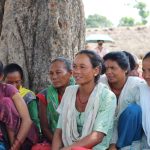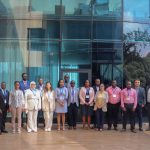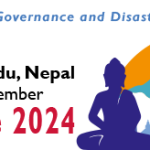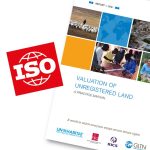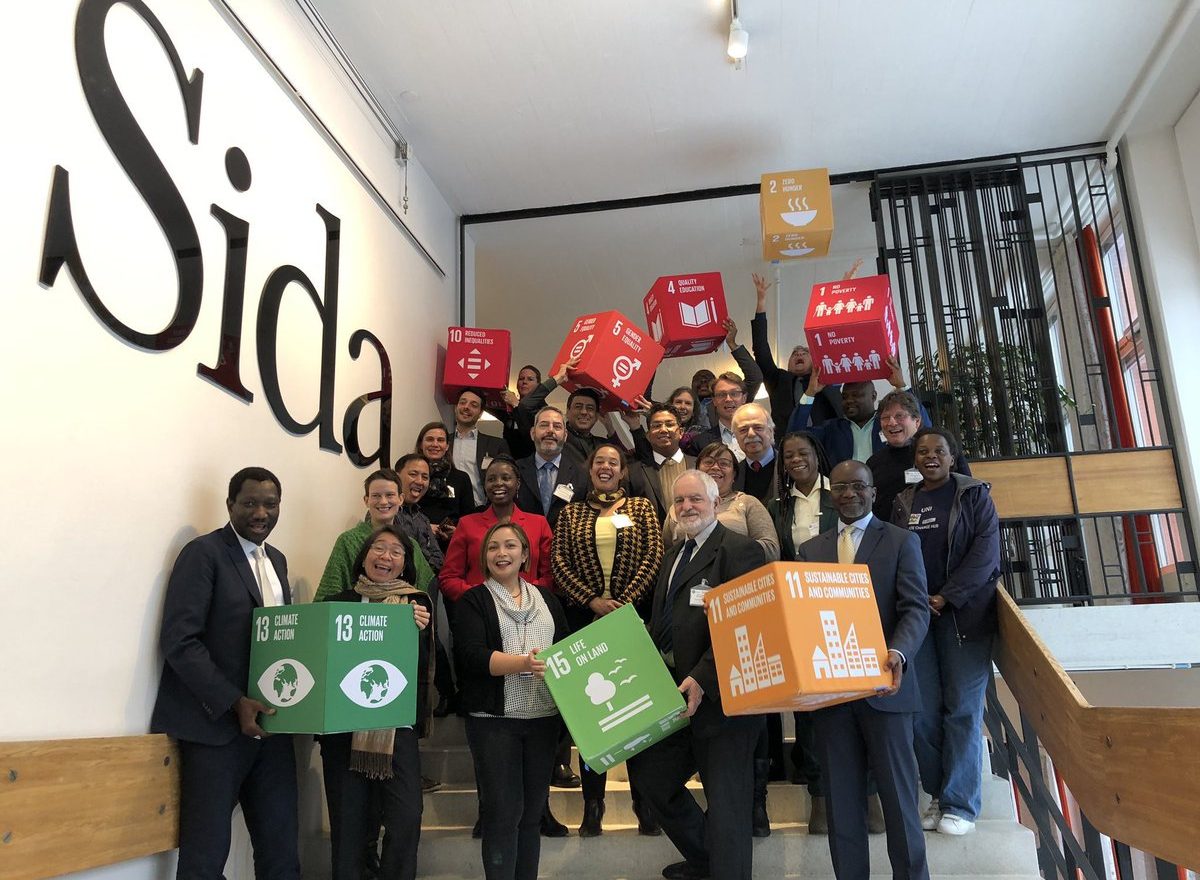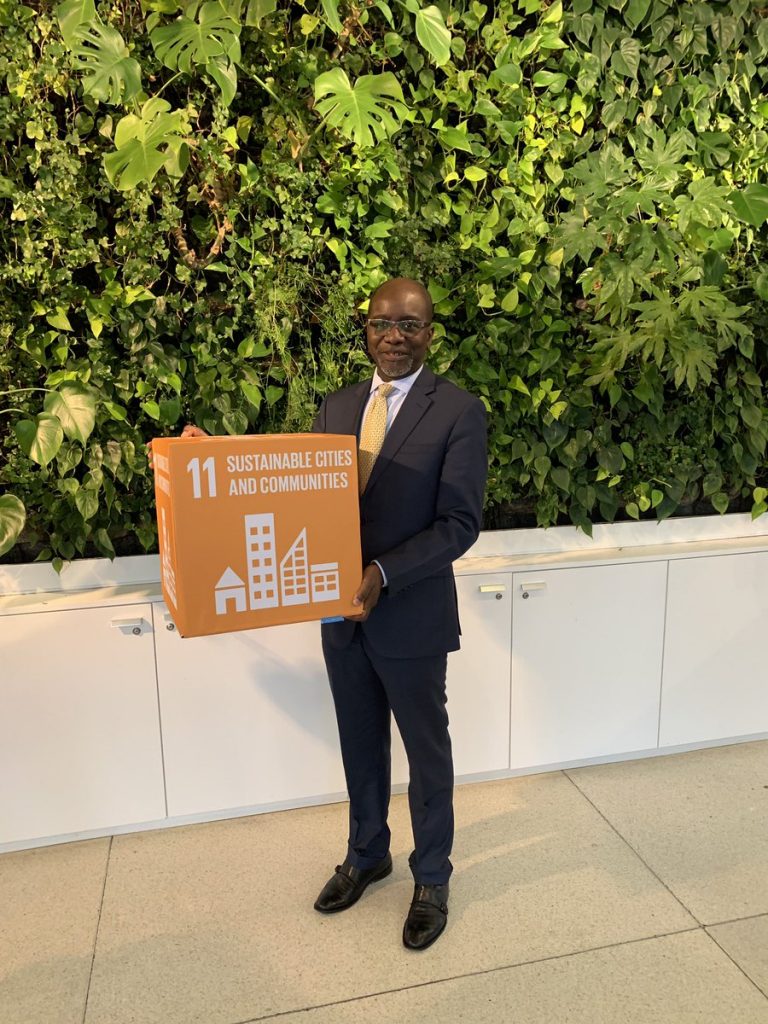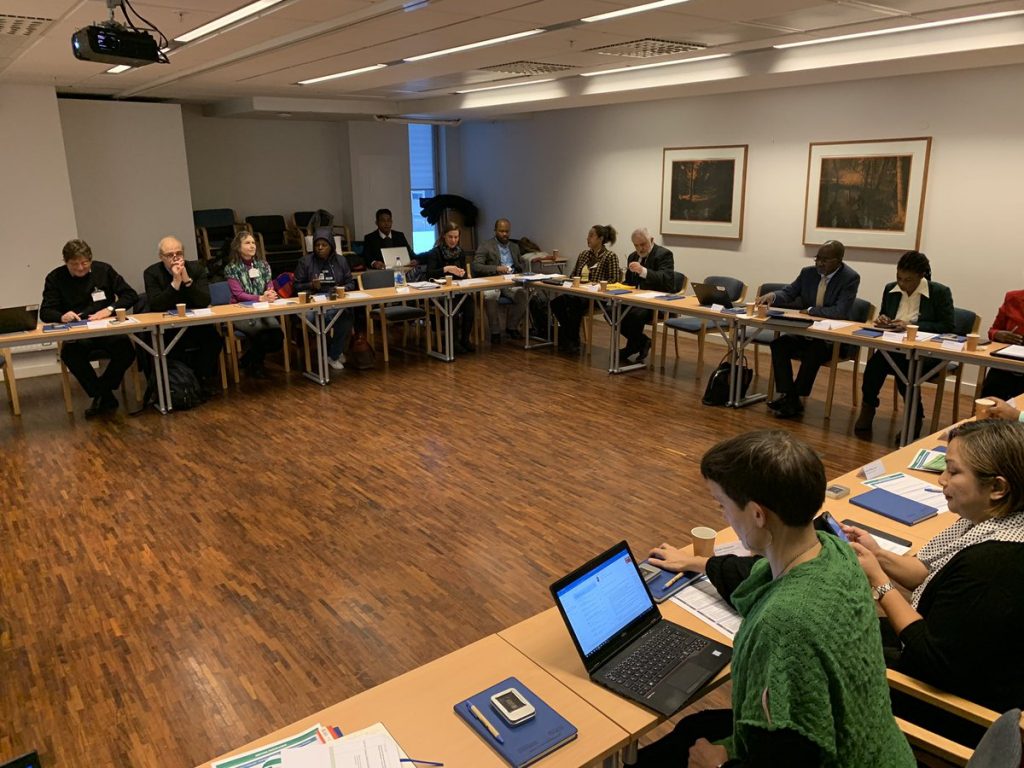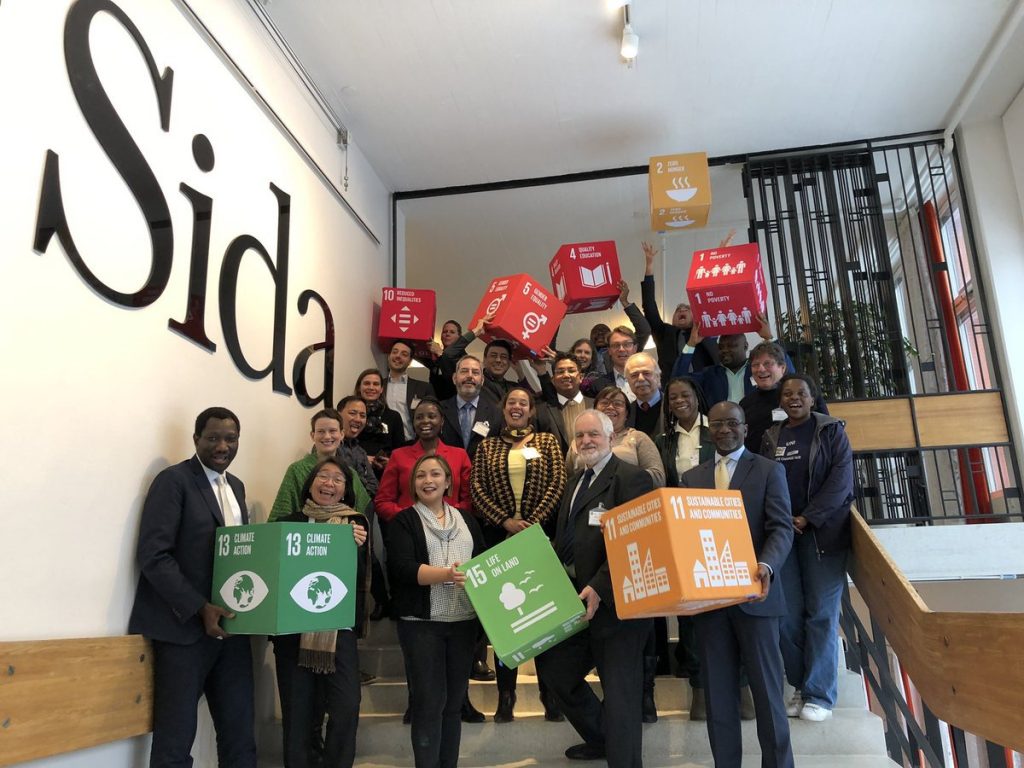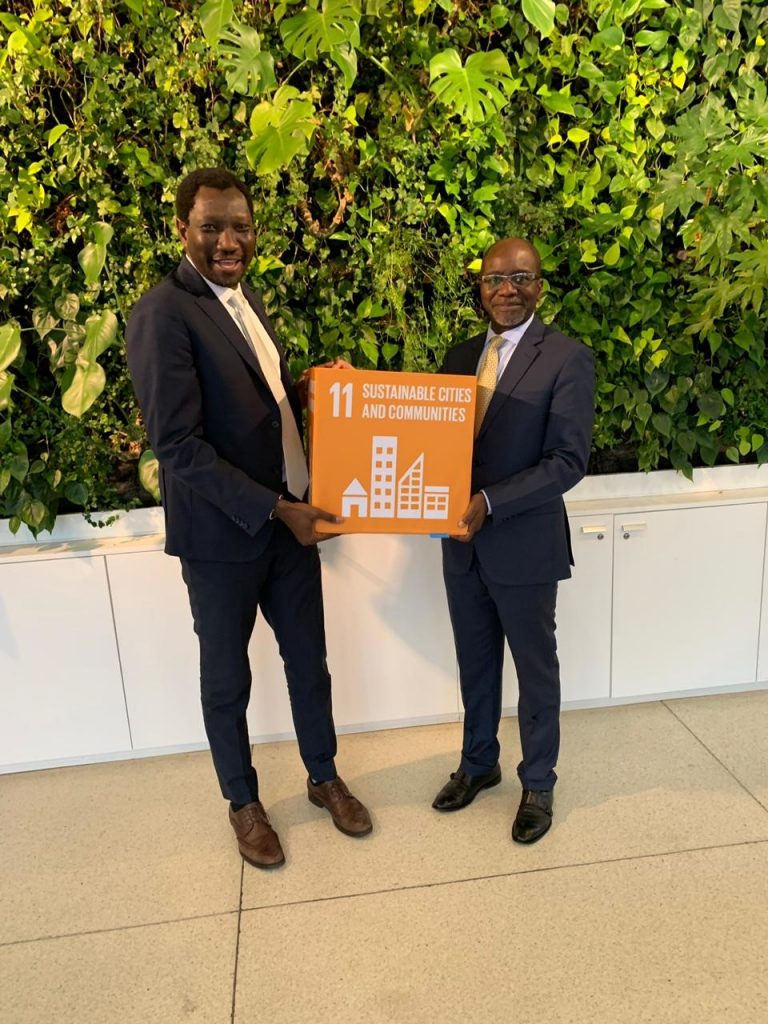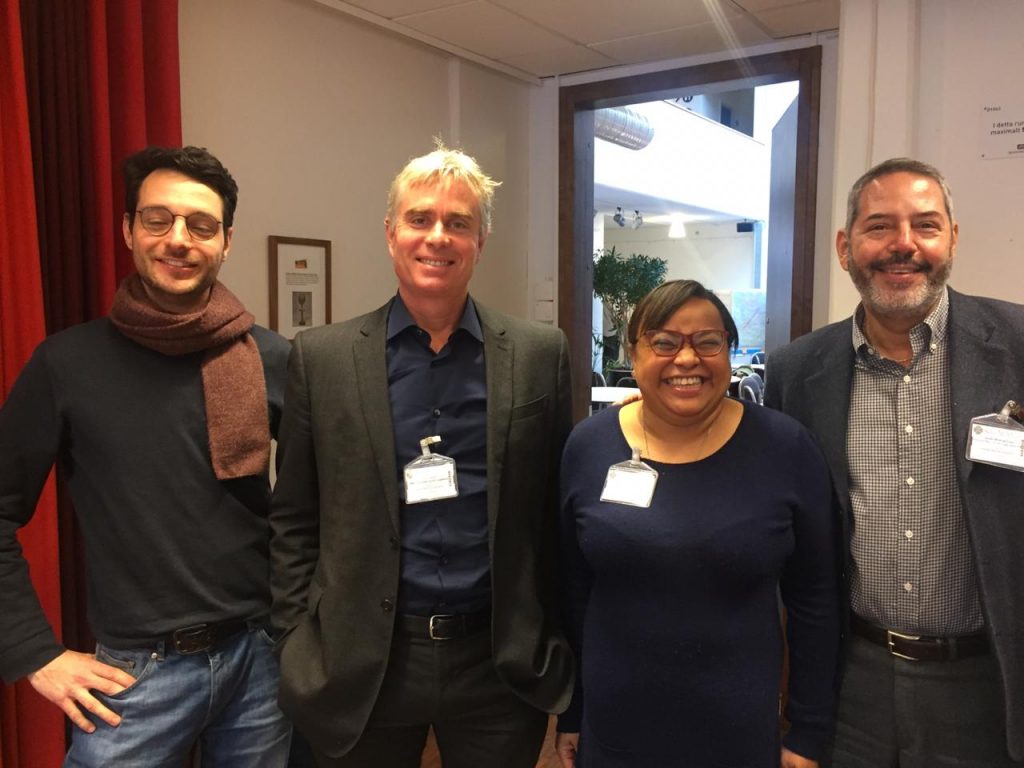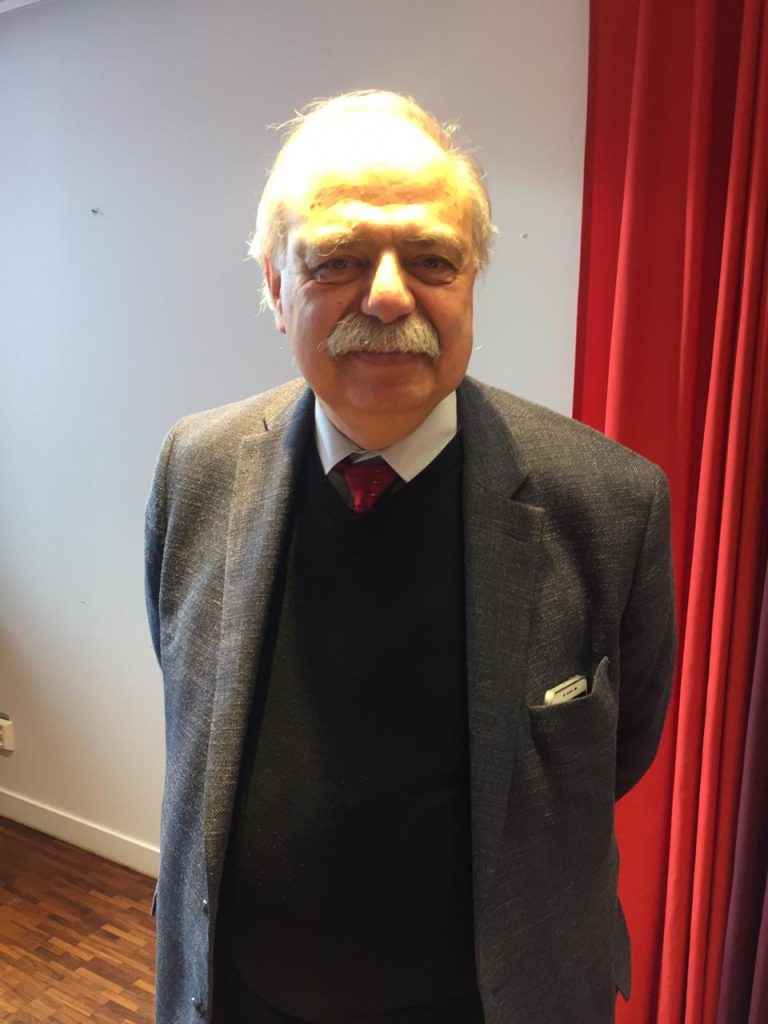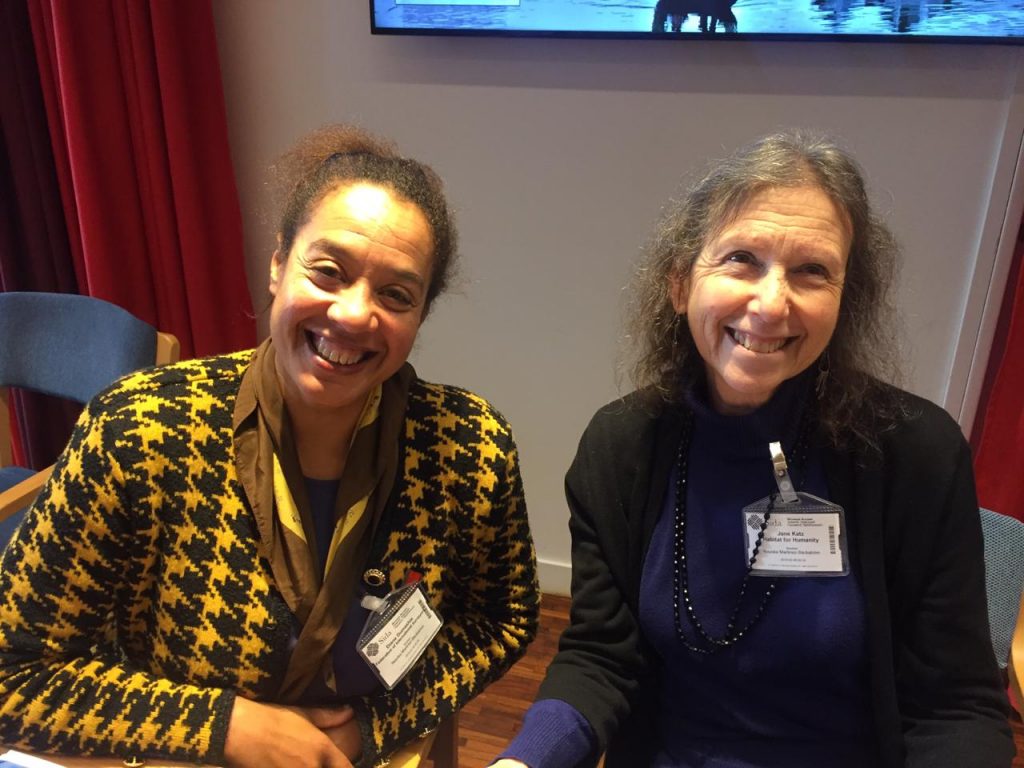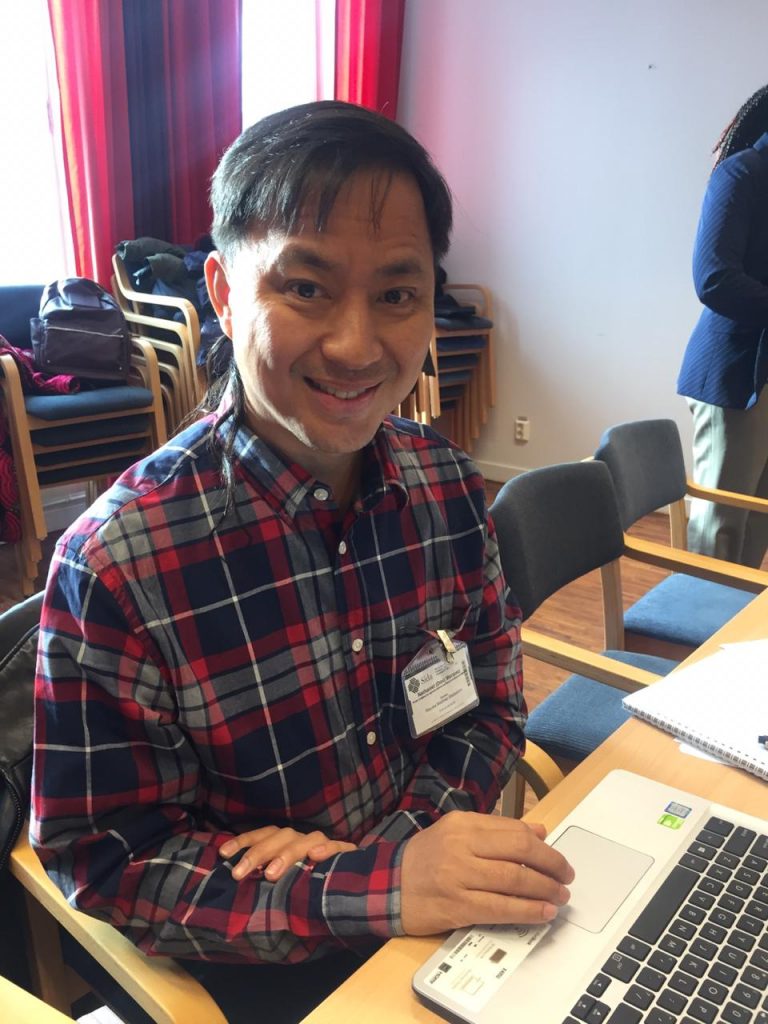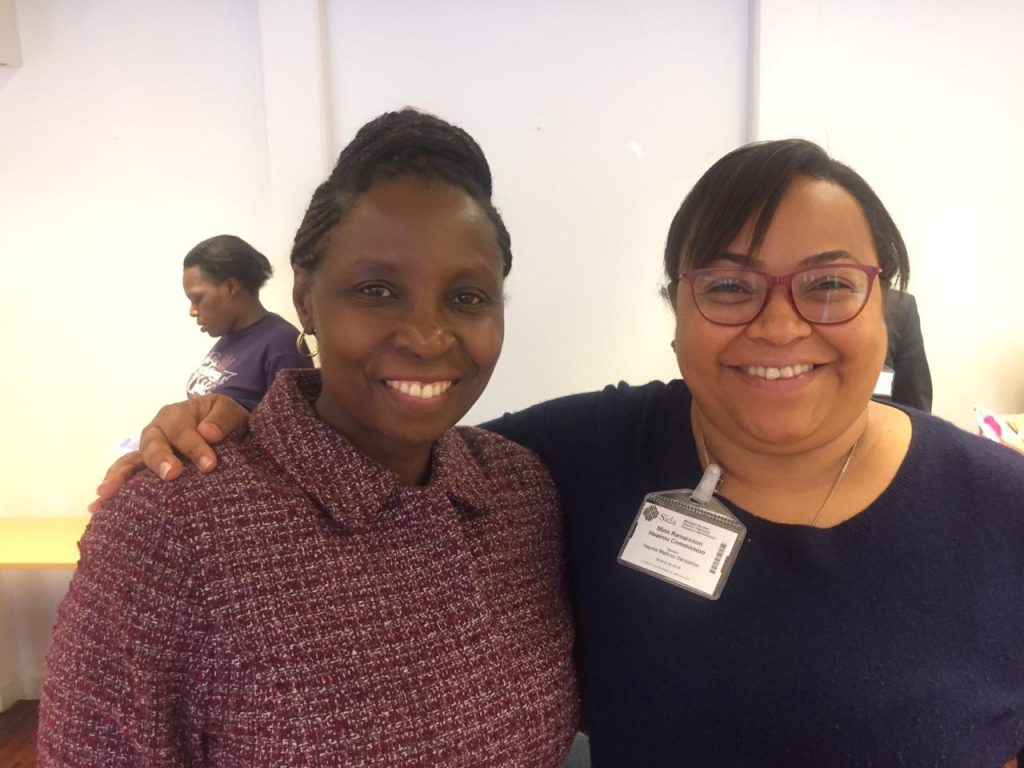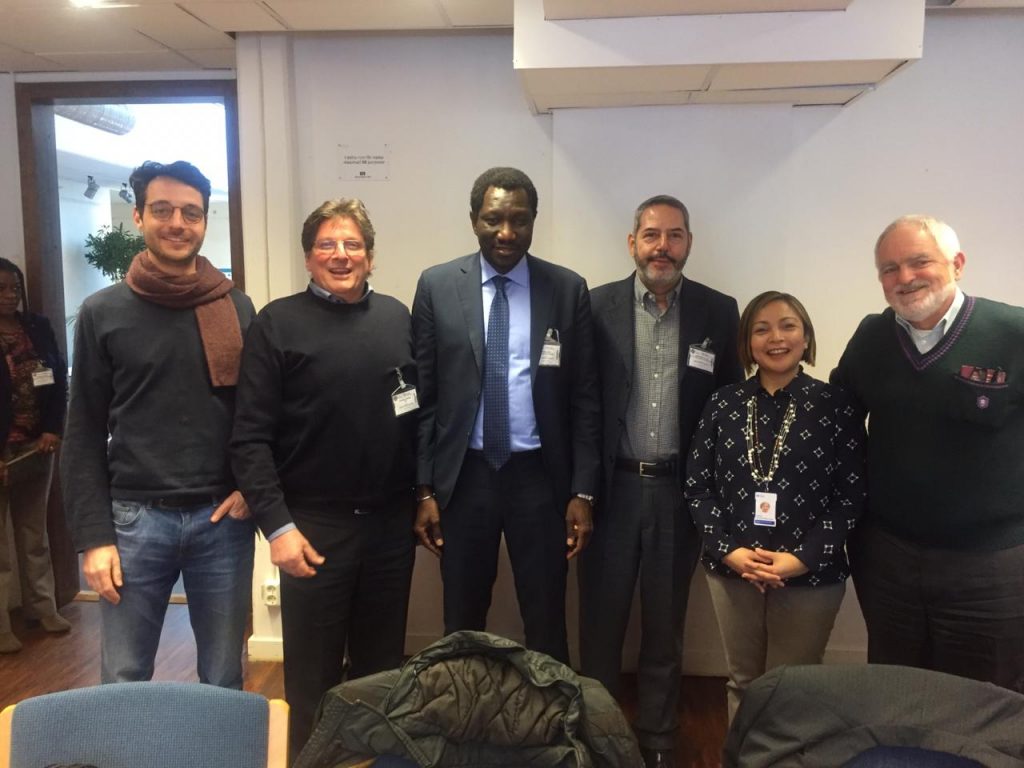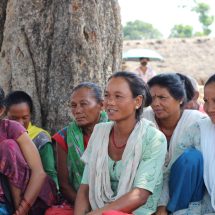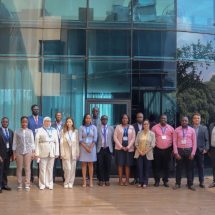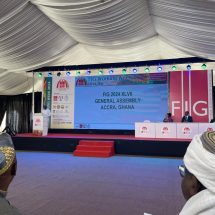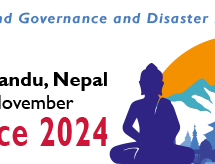The new Steering Committee for the Global Land Tool Network (GLTN) held its inaugural induction meeting in February in Stockholm, hosted by the Swedish Agency for International Development (SIDA). Held over two days, collaboration and partnerships were at the heart of as the discussions and development partners noted “we can do much more together as partners rather than competitors” to advance the land tenure security agenda.
The objectives of the meeting were to bring the new steering committee members together to reflect on the achievements and lessons of GLTN Phase 2 and inform GLTN Phase 3 planning for better engagement of the GLTN partners with the Sustainable development goals (SDGs).
The meeting was attended by partners representing the network’s clusters that is international professional bodies, rural civil society, urban civil society, research and training institutions. The High Commissioner for Zambia represented member states and GLTN development partners included the German Development Agency (GIZ), SIDA, the Government of Norway (represented by the Norwegian Mapping Agency), The European Union, the African Land Policy Centre (ALPC) of the Africa Union, the International Land Coalition (ILC), the Food and Agricultural Organization (FAO). UN-Habitat was represented by the Deputy Executive Director of UN-Habitat who is also the Chair of the GLTN Steering Committee.
During the first day’s reflections, participants discussed the success and lessons from Phase 2 and how to leverage on the numerous opportunities and “value adds” of the network. Maria Berlekom, SIDA’s Head of the Unit for International Cooperation on the Environment, observed that “there are so many interrelated challenges that are based around land” such that “land unites us”. She emphasized the role of technology and platforms like GLTN in helping to share information, build capacity and “strengthen the principles of inclusiveness” on land governance.
The partners reflected on the challenges of delivering improved tenure security. They noted a reduction in tolerance and civic spaces for those defending land rights and the growing need to engage the private sector, particularly agri-business to implement commercially viable enterprises. It was agreed that GLTN must do more to get attention and resourcing for land monitoring efforts and facilitate connections between national and local authorities, to enhance their development agenda by the use inclusive tenure security approaches.
Participants also reflected on the rural/urban nexus agreeing that GLTN must systematically engage in this area to meet the challenges of food security and the opportunities of livelihood generation. Capacity development was also a major topic of discussion. The importance of strengthening university level curricula was highlighted as a tool to teach young land and development professionals more about inclusive land tenure approaches and ensure that the GLTN “passion” for improved tenure security for all, translated into improved conditions for those living in slums and informal settlements.
During the second day, the Chair, Victor Kisob, encouraged the committee to build on the success of GLTN and imagine GLTN beyond 2030 including the legacy the Network will leave in the land sector.
The Committee acknowledged that partnerships and collaboration must continue to lie at the heart of GLTN, especially in times of limited resources since significant sharing and learning can still be achieved. The meeting also saw the endorsement of the new cluster-elected Vice-Chair (Ms Mino Ramaroson, Huairou Commission) and the new GLTN Partnership Charter. Commitments were made to strengthen collaborative efforts among partners including with GLTN’s sister network, the International Land Coalition (ILC).
Noting from GIZ that the Network remains “very useful and relevant” and “has the practical tools to deliver the SDG” commitments on land, GLTN’s 75 plus partners can move confidently into Phase 3. The Network is well-equipped to deliver improved tenure security for all within the Sustainable Development Goals. The 2018-2030 Strategy’s practical focus on accelerated land reforms, development and implementation of appropriate land tools, capacity building and monitoring of global land related commitments, all supported by a track record of partnership, provides a strong basis to do so.
The GLTN Steering Committee will now meet regularly to support the Strategy and 2019 work plan’s implementation.

